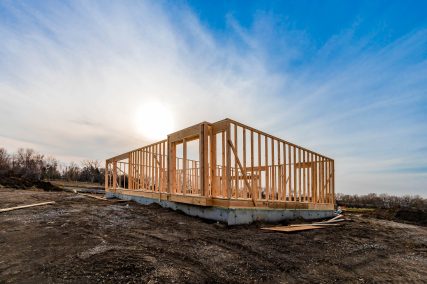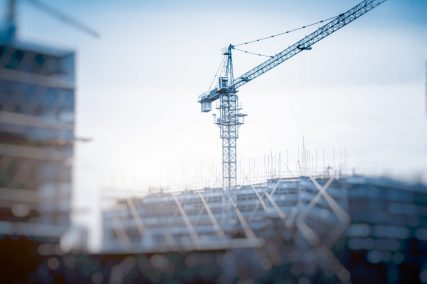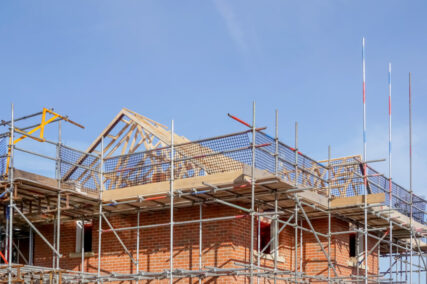What are the legal requirements for property development?
Property development is subject to a range of legal requirements that must be met to ensure compliance with local and national laws. Here are some of the key legal requirements that developers must consider when planning and executing a property development project:
- Zoning and Land Use: Developers must comply with local zoning and land use regulations, which define how land can be used and developed in specific areas. These regulations can include requirements for lot size, building height, setbacks, parking, and other factors that can impact the design and construction of the project.
- Building Regulations and Standards: Developers must comply with building regulations and standards, which specify minimum requirements for the design, construction, and safety of buildings. These regulations can include requirements for structural integrity, fire safety, plumbing, electrical systems, and accessibility for people with disabilities.
- Environmental Regulations: Developers must comply with a range of environmental regulations that govern the impact of development on the environment, including requirements for stormwater management, erosion control, wetland protection, and the disposal of hazardous materials.
- Permits and Approvals: Developers must obtain permits and approvals from local and national agencies before beginning construction. These permits can include environmental permits, building permits, zoning permits, and other approvals required for the specific project.
- Contracts and Agreements: Developers must enter into a range of contracts and agreements with contractors, subcontractors, architects, and other professionals involved in the development process. These contracts can include design and construction agreements, financing agreements, and agreements for the sale or lease of the developed property.
- Legal Liability: Developers must consider legal liability issues associated with the development process, including liability for construction defects, accidents, and other issues that can arise during or after construction.
Complying with legal requirements is critical for the success of any property development project. Failure to comply with legal requirements can result in costly fines, delays in the development process, or even legal action. Developers must consult with legal professionals and other experts to ensure that they are complying with all relevant legal requirements throughout the development process.












